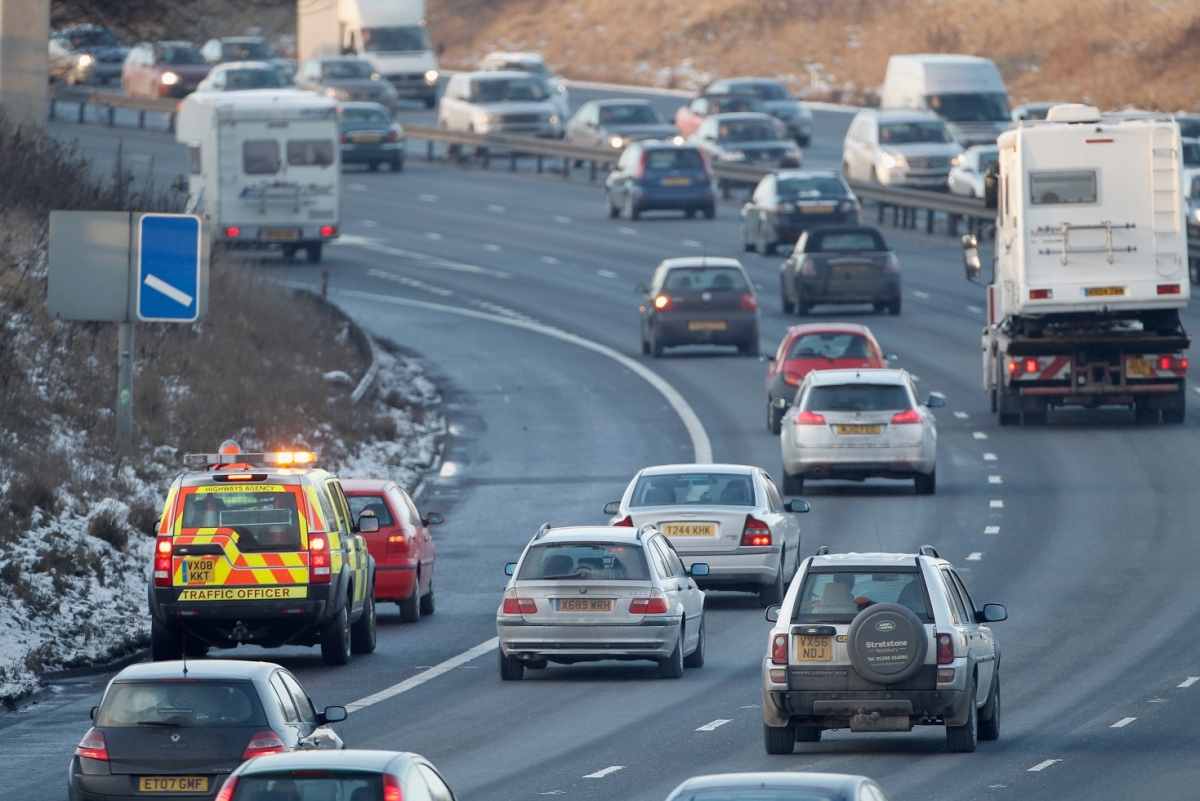Netherlands wants to ban non-electric car sales by 2025
Aug 16, 2016
The ruling Dutch Labour Party wants to ban the sale of petrol and diesel cars by 2025.

The Netherlands wants to ban the sale of petrol and diesel cars by 2025
The Netherlands is planning to ban the sale of petrol and diesel cars by the year 2025. From that point on, new vehicles sold in the country must be electric or hydrogen powered and not use any fossil fuels. The ban has been heralded as a crucial move "to save the Earth".
The ban is an initiative outlined by the Dutch Labour Party, which currently governs the country as part of a coalition with the People's Party for Freedom and Democracy. First discussed in March, the initiative has since passed in the lower house of the Netherlands parliament and is now said to "likely become law."
Dutch politician and Labour Party member Jan Vos is the main legislator behind the project. Vos said recently: "We need to phase out CO2 emissions and we need to change our pattern of using fossil fuels if we want to save the Earth," reports Yale Climate Connection, adding that the proposed ban will likely become law.
The ambitious ban is to come into effect in 2025, but this will only be possible if electric car ownership becomes more affordable than it is today. "Transportation with your own car shouldn't be something that only rich people can afford," Vos said.
Cars like the Tesla Model 3, due on sale in late 2017, will help to bring down the cost of electric car ownership. It is expected to cost from around £30,000, half that of Tesla's larger vehicles. The ban would only apply to new vehicles, with owners of petrol and diesel cars still allowed to drive on Dutch roads as they do now.
Norway also wants to ban petrol and diesel car sales by 2025. Norway is the largest market for electric cars in the world, with such vehicles accounting for 24% currently on the road.
These blanket bans on new car sales are far more ambitious than in California. The US state, which is home to Tesla and regarded as one of the most forward-thinking states, is only aiming for 15% of new cars to be electric by 2025.
Meanwhile, Germany, home to some of the world's largest car makers, wants to ban the sale of non-electric cars by 2030. The move is part of a larger goal to cut the country's carbon dioxide output by between 80 and 95% by 2050.
But the German market has a long way to go. According to the KBA vehicle registration authority, about 130,000 hybrid and 25,000 all-electric cars were registered in the country as of January this year, compared to 30 million petrol cars and 14.5 million diesels.
Source: International Business Times